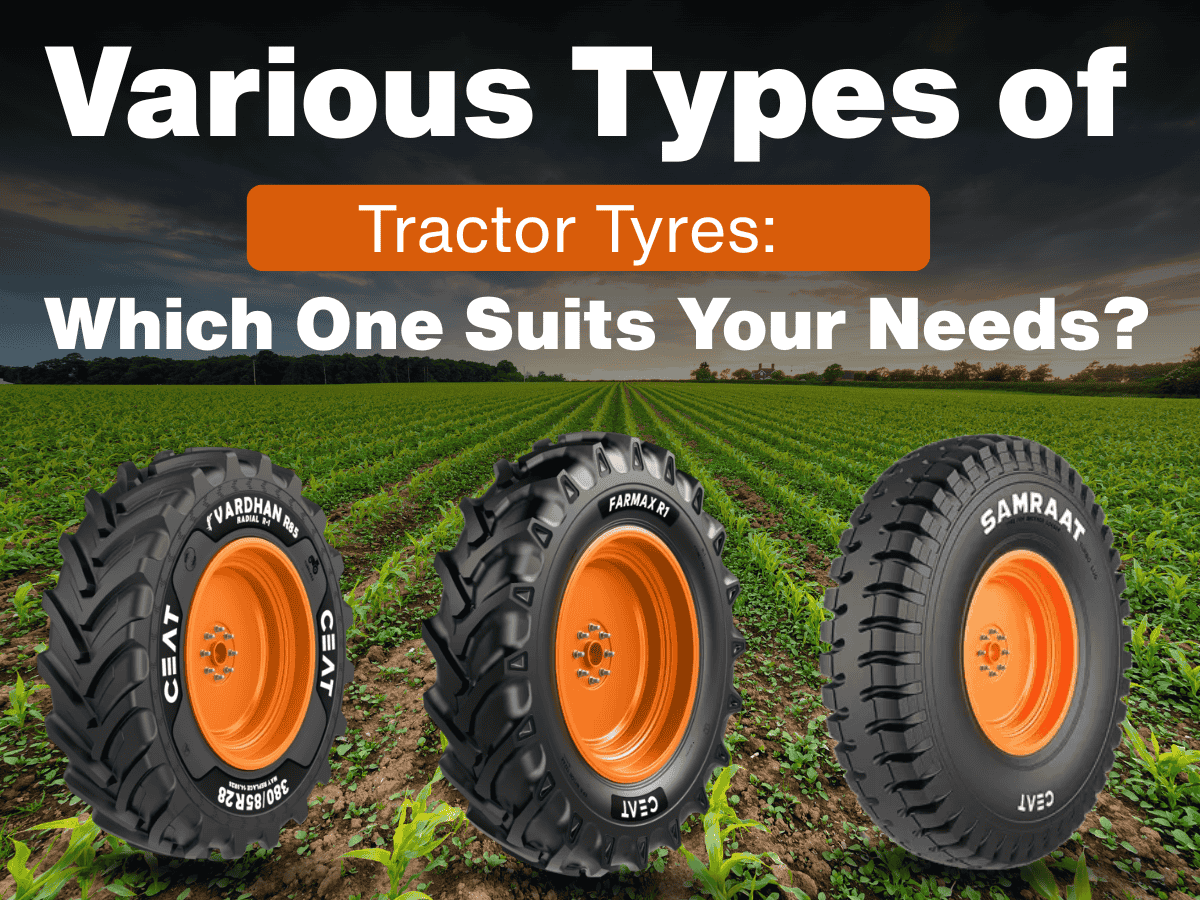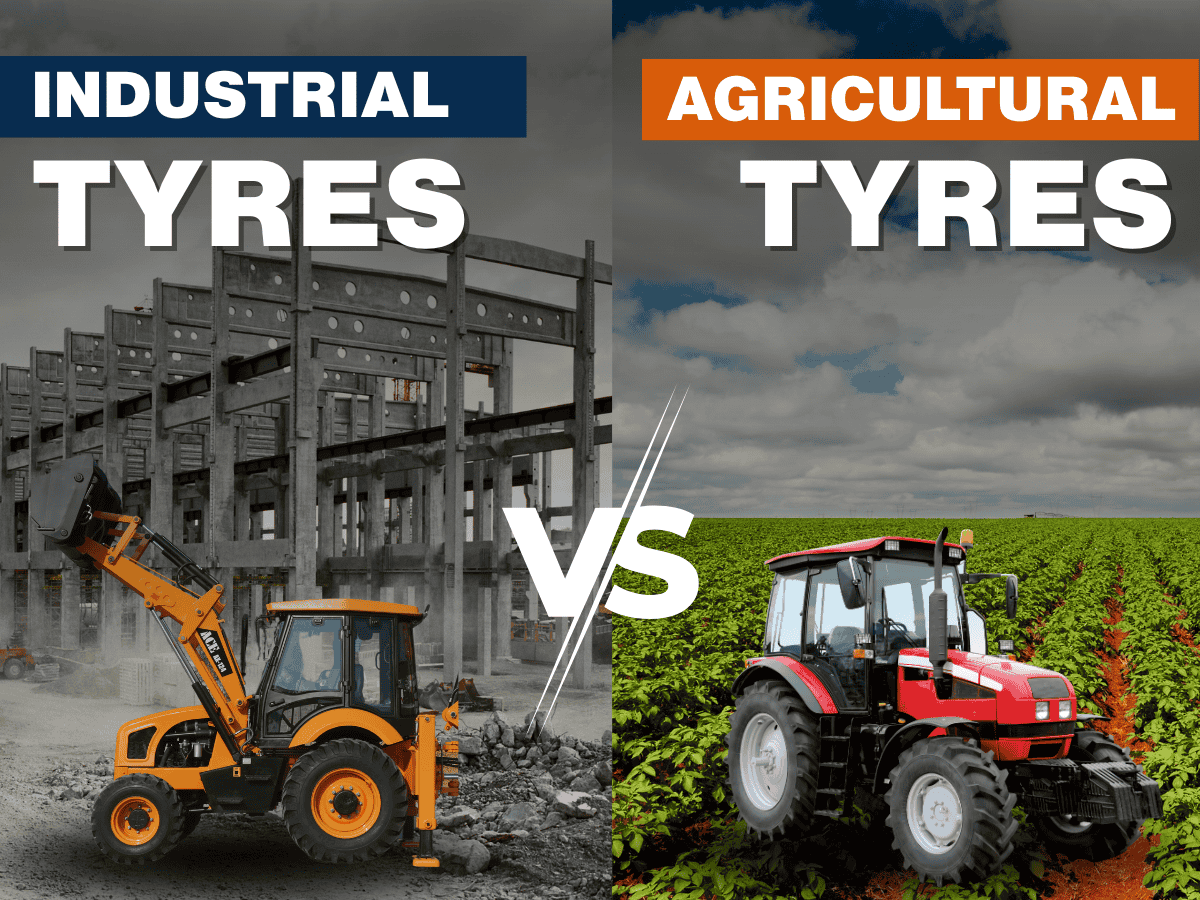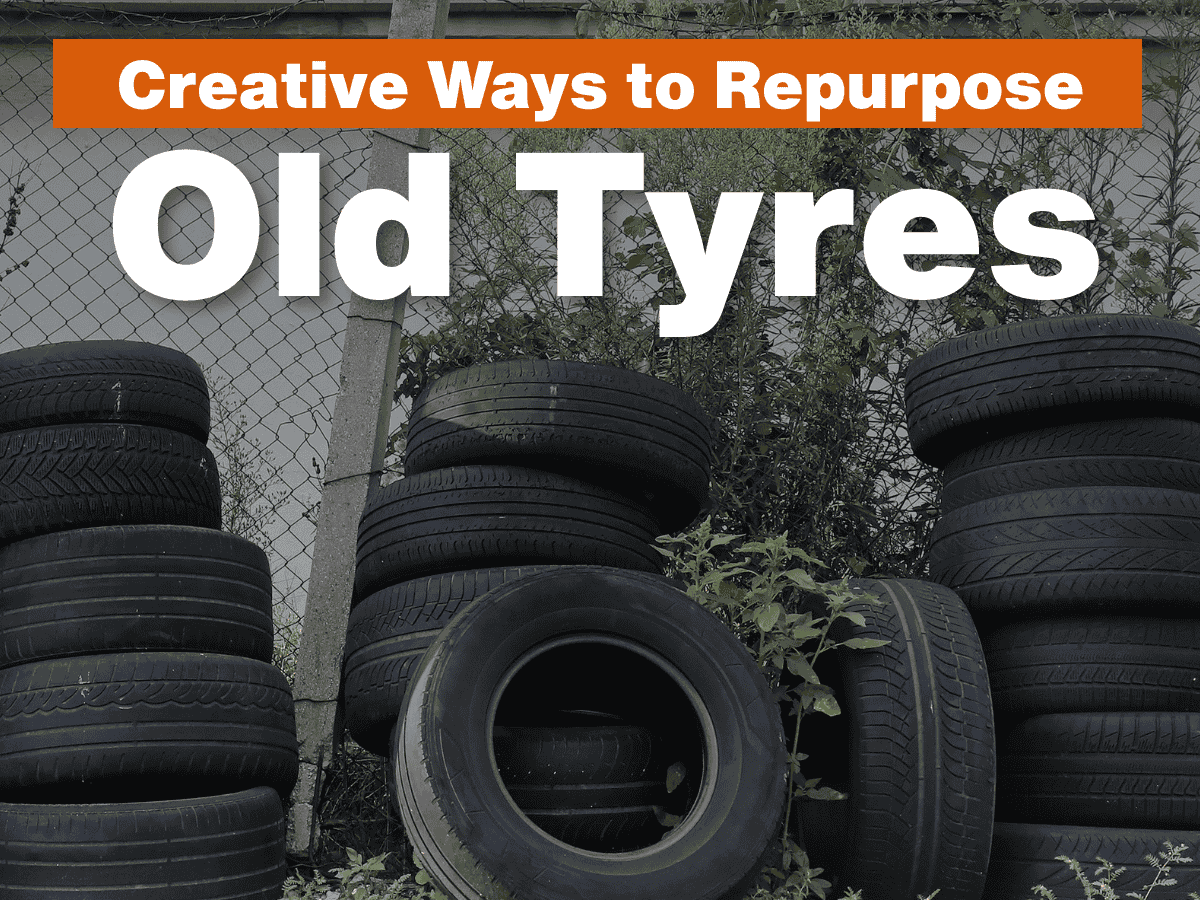ceat-speciality:blogs-tags/all,ceat-speciality:blogs-tags/tyre-advice
Best Tyre Choices for Farming on Clay-Rich Terrain
Mon, 8 Sep 2025 | PRODUCTS
Farming on clay soils isn’t easy. They’re sticky, heavy, and unpredictable. Choosing the right farm tyre can make the difference between wasted fuel and smooth operations. Let’s explore the best tyre choices for clay-rich terrain and how CEAT Specialty Farmax R2 can help farmers protect their soil and efficiency.
Why Clay Soils Are Both a Blessing and a Curse
Clay soils are well-known for being highly fertile, but let’s be honest. They can be a real headache.
- When it rains, they turn sticky, muddy, and slippery
- In summer, they harden into cracked, rock-like slabs.
For farmers, this means:
- Wheel slip becomes a daily battle.
- Deep ruts form, damaging soil structure.
- Soil compaction reduces fertility in the long run.
- Fuel use skyrockets because machinery struggles to move efficiently.
Sound familiar? That’s where making the right farm tyre choice comes in.
What Makes the Right Farm Tyre for Clay-Rich Terrain?
When farming on heavy clay, the tyre you choose has to work harder than usual. Here’s what you should be looking out for:
1. Low Pressure Capability
Tyres that can run at lower pressures spread the machine’s weight over a wider area. This reduces soil compaction, keeping your clay soil loose enough for roots to thrive.
2. Strong Traction with Deep Lugs
Deep, well-spaced lugs mean your tractor can grip the ground without constant slipping, even in soggy fields.
3. Excellent Self-Cleaning Ability
Clay sticks like glue. Tyres with smart tread designs shed mud quickly, stopping lugs from clogging up and losing grip.
CEAT Specialty Farmax R2 Tyre: Built for Clay Soils
When it comes to working clay-heavy fields, CEAT Specialty’s Farmax R2 tyre is a game changer.
- Low-pressure technology: Designed to minimise soil compaction.
- Deep, aggressive lugs: Deliver reliable traction on slippery ground.
- Self-cleaning tread design: Prevents mud build-up, so you don’t waste time scraping tyres.
- Durability: Built tough for long working hours in demanding conditions.
In short, the Farmax R2 is more than just a tyre. It’s an investment in better yields and healthier soil.
Balancing Tyre Choice with Soil Protection
The big question every farmer faces: How do you balance performance with soil health?
Here are some practical tips:
- Match tyre size to machinery weight – don’t overload your tyres.
- Run tyres at the right pressure – too high, and you’ll compact the soil; too low, and you’ll risk sidewall damage.
- Choose self-cleaning tyres like the Farmax R2- to prevent wasted time and fuel.
Think long-term – healthier soil means stronger yields year after year.
Wrapping It Up
Clay-rich soils might test your patience, but with the right farm tyre, you can turn that challenge into an opportunity. CEAT Specialty’s Farmax R2 offers exactly what clay farming demands—traction, soil protection, self-cleaning, and efficiency.
So next time your tractor faces sticky clay or cracked summer ground, remember: the tyre you choose could be the difference between wasted effort and a productive, fuel-saving day on the farm.
Over to you: How do you balance tyre choice with soil protection on your farm?
FAQs
What type of farm tyre is best for clay soils?
Tyres that run at low pressure, with deep and well-spaced lugs, and excellent self-cleaning abilities are ideal. CEAT Specialty’s Farmax R2 fits these requirements perfectly.
Why is soil compaction such a problem on clay soils?
Clay particles are tiny and pack tightly together, so when compacted, they block air and water movement. This reduces root growth and crop yields.
How do CEAT Specialty tyres help reduce fuel costs?
With strong traction and reduced wheel slip, CEAT tyres like the Farmax R2 help machinery move more efficiently—meaning less wasted fuel.
Is CEAT Specialty a trusted brand in agricultural tyres?
Absolutely! CEAT Specialty has a strong global reputation for designing farm tyres that balance performance, durability, and soil protection.





















